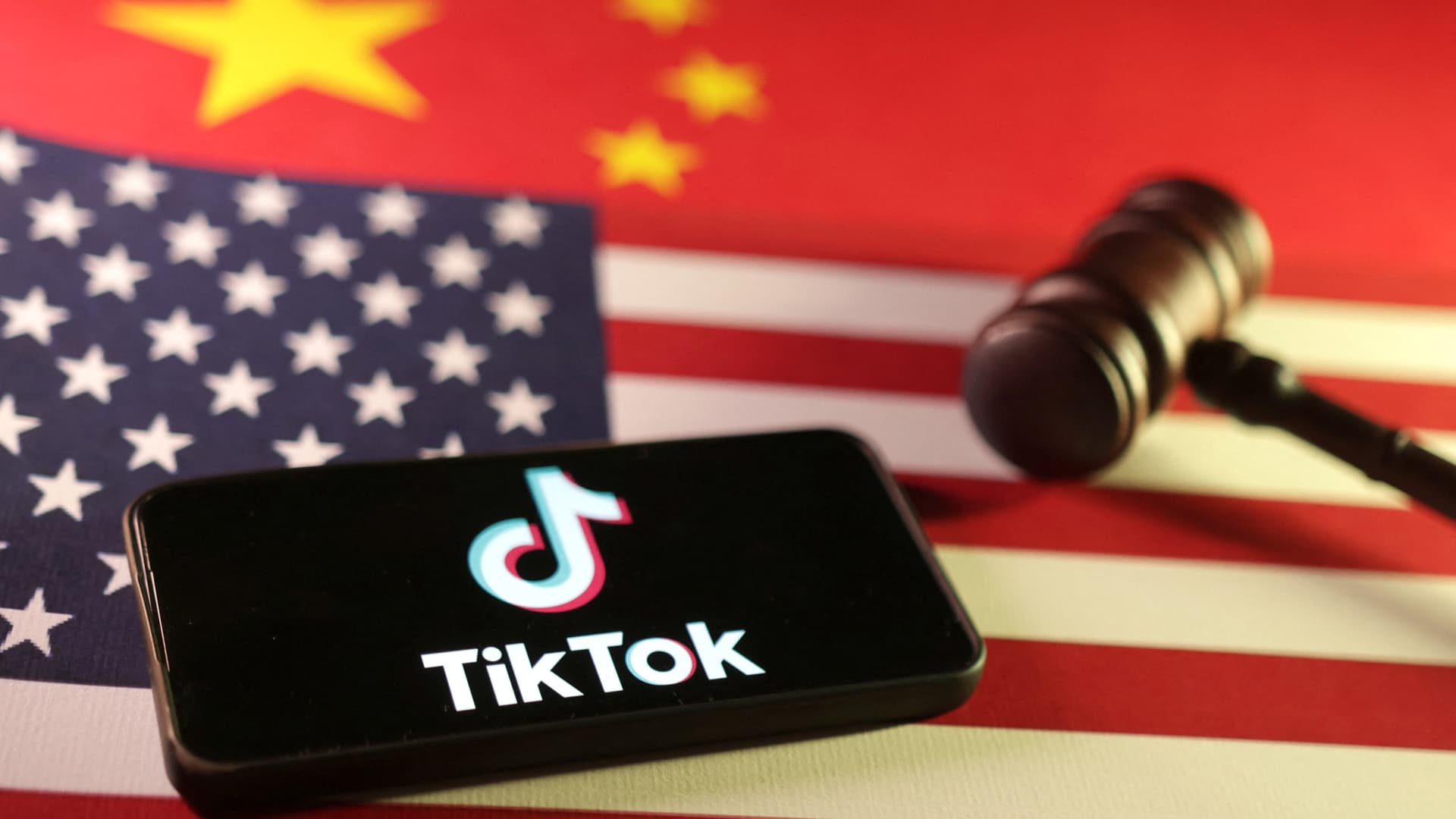The Rise of Chinese Apps in America: Can a TikTok Ban Impact Their Trajectory?
In recent years, the landscape of mobile applications in the United States has undergone a significant transformation, with Chinese apps establishing a strong foothold among American consumers. The meteoric rise of platforms such as TikTok, WeChat, and others has sparked discussions about their implications for American privacy and national security. As the U.S. government contemplates a potential ban on TikTok, questions arise about the future of these Chinese apps in America. Will the popularity of these platforms withstand the scrutiny of regulatory actions, or are they on a path to a sudden decline?
The Phenomenon of Chinese Apps in America
Chinese apps have become increasingly popular in the U.S., captivating millions of users with their innovative features and engaging content. TikTok, owned by ByteDance, stands as a prime example. Launched in the U.S. in 2016, TikTok rapidly gained traction, becoming a cultural phenomenon that reshaped social media consumption, particularly among younger demographics.
Other notable Chinese apps include:
- WeChat: A multi-purpose messaging, social media, and mobile payment app, WeChat has become essential for many users, particularly within the Chinese community in the U.S.
- Douyin: The Chinese counterpart to TikTok, Douyin serves a similar purpose but is tailored for the domestic market, showcasing the versatility of content-sharing platforms.
- Alibaba’s Alipay: While more focused on e-commerce and financial transactions, Alipay has also made inroads into the American market.
These apps not only provide entertainment but also facilitate communication and commerce, significantly impacting how Americans interact online and with one another.
The Regulatory Landscape: Concerns and Implications
The rise of Chinese apps has not come without its controversies. Concerns over data privacy and national security have led to heightened scrutiny from U.S. lawmakers. The primary argument against TikTok and similar platforms revolves around the potential for the Chinese government to access user data, raising fears about espionage and the misuse of personal information.
In 2020, former President Donald Trump issued executive orders aimed at banning TikTok, citing national security risks. Although these efforts faced legal challenges and were ultimately stalled, the topic remains a significant point of discussion in American politics. The Biden administration has continued to explore regulatory measures regarding TikTok, reflecting ongoing concerns about foreign influence in American technology.
Potential Outcomes of a TikTok Ban
The prospect of a TikTok ban raises several important questions about the future trajectory of Chinese apps in America. Here are a few potential outcomes:
- Market Shift: A ban on TikTok could create a vacuum in the short-form video content market. American competitors like Instagram (with Reels) and YouTube (with Shorts) are poised to capitalize on any shift in user behavior, potentially leading to increased market dominance.
- User Migration: If TikTok is banned, many users might migrate to alternative platforms, including domestic options or other international apps. This could dilute TikTok’s user base while providing opportunities for emerging applications.
- Innovation Pressure: The competitive pressure could lead to accelerated innovation from both domestic and foreign apps. Companies may seek to enhance user experiences and privacy protections to differentiate themselves.
- Increased Scrutiny: A ban may lead to increased scrutiny of other Chinese apps operating in the U.S. The regulatory spotlight could result in stricter operational guidelines or even bans on other platforms, affecting their growth.
Consumer Sentiment and the Future of Chinese Apps
Despite regulatory concerns, consumer sentiment around Chinese apps remains complex. Many users appreciate platforms like TikTok for their entertainment value, creative opportunities, and social engagement. The app has allowed users to express themselves, connect with others, and even launch careers as content creators.
However, there is a growing awareness among users about the implications of using these platforms. Some consumers are becoming more cautious about sharing personal information, leading to a potential shift in user behavior. Even if a TikTok ban were implemented, the underlying demand for engaging and innovative content would persist, and users might seek alternative platforms that prioritize their privacy while offering similar features.
The Role of American Competitors
As Chinese apps face regulatory challenges, American competitors are well-positioned to fill any gaps left by a potential ban. Platforms like Instagram and Snapchat are already competing for users’ attention in the social media landscape. Here’s how they could adapt:
- Adopting Features: American apps may adopt TikTok-like features to attract users, such as algorithm-driven content feeds and short-form video capabilities.
- Enhanced Privacy Measures: To gain user trust, American competitors could emphasize their commitment to data privacy and transparency, potentially winning over those wary of Chinese apps.
- Localized Content Creation: Fostering local content creators and influencers could help American apps build a community that resonates with U.S. audiences.
Conclusion: The Path Forward for Chinese Apps in America
The rise of Chinese apps in America has introduced both opportunities and challenges. While platforms like TikTok have captivated millions, the potential for regulatory actions presents uncertainties for their future. A TikTok ban could reshape the landscape, prompting user migration and opening doors for American competitors. However, the evolving digital landscape will likely continue to be defined by consumer demand for innovative, engaging content, regardless of regulatory outcomes.
Ultimately, the trajectory of Chinese apps in America will depend on how effectively they can navigate regulatory scrutiny, adapt to consumer preferences, and maintain user trust. As the world becomes increasingly interconnected, the future of these platforms will remain a critical area of observation, with implications for both users and the broader tech ecosystem.
See more Future Tech Daily

